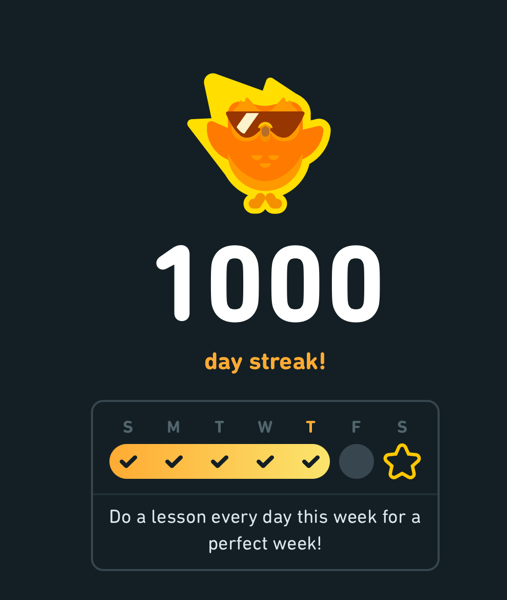I wonder if the dystopian looks of AR/VR headsets are really the problem. I can see that they don’t translate well to PR story telling: People find it creepy to look at.
But I do wonder if that even matters. If we think about people’s desktop setups right now - with multiple displays, the users hunched over a keyboard, cables everywhere, big headphones cutting us off, probably looking at a wall, instead of the room - isn’t this just as dystopian? What the current aesthetics of every day computing has going for itself in comparison to a headset blocking our view of the real(?) world is that you can make it look somewhat palatable in photos and videos.
If you hide the cables and clean the desk, it can be made to look somewhat pleasing even. But that’s not really how most computing places look.
In practice there are finger prints, bread crumbs, cables not very well hidden, there is fan noise, dust, asymmetry. And then we sit in front of these machines for hours on end. Computers brake our bodies. There is nothing innocent about using “normal” computers today. This is true also for handheld devices.
It seems to me that there are two directions to answer to this status quo. The first is a kind of digital ludditism: “We should use less screens, we should go out, we should not be so dependent and addicted to our computing devices.” The second is an optimistic affirmation of technological progress: “All the computing around us is great, the future is bright. I’m excited.” And then there are mixed versions: “Computers are great in moderation.” Or: “Computers are a necessary evil.”
I’ll add to the mix a stance that is all too often called fatalism: Computers are inevitable. And furthermore: There is no choice involved. It doesn’t really matter if we like or dislike technology. What matters is if technology is able to reorganize society around itself sufficiently. If a technology - take the smartphone - is able to do so, we’ll find all kinds of excuses - that’s the wrong word, because there is no value judgement implied, but merely a description of a general discourse dynamic - to not find it creepy or dystopian. In practice the reorganization has more to do with making certain kinds of activities more interesting, effective, productive - or, in short: more likely. If an activity sufficiently occurs mediated by a new technology - for whatever reason - that new technology will be adopted.
And when it has been sufficiently adopted, perceived PR problems are none anymore. But let’s not kid ourselves that it would be PR that makes this possible. PR can - maybe! - help to establish some use cases or open the door, but it’s the actual use that leads to an uptake in the likelihood of (mediated) activities. And that’s where the difference lies. That in turn doesn’t mean that PR is useless either. PR makes things appear pleasant, which is nice.
Coming back to AR/VR headsets: The problem of these technologies so far is that they do not make you play more games or take more meetings, or whatever. The technology is not persuasive enough to get over the uncanny valley. But, again, it’s not the uncanny valley itself that make them unsuccessful so far.
